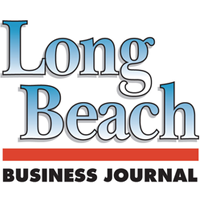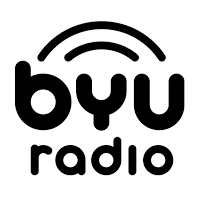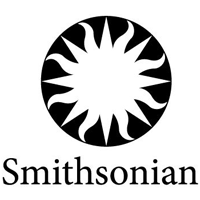Media Watch
How octopus could help us to keep, or lose, our cool
SF Gate -
[Alon] Gorodetsky’s lab at the University of California at Irvine (UCI) has been trying to make what he calls “technologically valuable things” based on cephalopods’ camouflaging skills. They’ve finally succeeded in creating a material that will let people, not disguise themselves as rocks and algae, but regulate how warm or cool they feel. … “There’s a world of applications for this material,” Gorodetsky says. “We just have to convince people to wear it and use it.”
BizBrief: Today’s News To Know
Long Beach Business Journal -
Cynthia Guidry, who most recently served as deputy executive director of Los Angeles World Airports (LAWA), was today announced as the new director of the Long Beach Airport. … She holds a bachelor’s degree in civil engineering from the University of California, Irvine and a master’s in business administration from Pepperdine University.
Study: Transitioning California Off Gas Could Lower Costs and Prioritize Low-Income Communities
Sierra Club -
Last week, the California Energy Commission hosted a workshop to dig into Energy and Environmental Economics (E3) and UC Irvine’s latest “Future of Gas” study, which analyzes pathways to a low-carbon buildings sector.
Nanotechnology treatment reverses multiple sclerosis in mice
Neuroscience News -
A nanotechnology treatment derived from bone marrow stem cells has reversed multiple sclerosis symptoms in mice and could eventually be used to help humans, according to a new study led by University of California, Irvine researchers. “Until now, stem cell therapies for autoimmune and neurodegenerative diseases have produced mixed results in clinical trials, partly because we don’t know how the treatments work,” said corresponding author Weian Zhao, an associate professor of pharmaceutical sciences and biomedical engineering who is affiliated with the Sue & Bill Gross Stem Cell Research Center.
Q&A: Kandice Tanner on applying physics to cancer research
Physics Today -
My adviser had two labs. One was in photon migration, where I was for my PhD research. The other was using fluorescence dynamics to look at processes in living cells …. People came from all over the world to learn fluorescence techniques from him, and I thought it would be stupid not to learn from him while I was there. He moved to the University of California, Irvine, and I moved with him to do a postdoc. I immersed myself in a different type of imaging.
New Stretchy Squid-Inspired Material Could be the Clothing of the Future
BYU Radio -
Guest: Alon Gorodetsky, PhD, Professor of Chemical and Biomolecular Engineering at the University of California, Irvine. Why is this engineering professoris fascinated with cephalopods? Because he thinks he can learn from their superpowers. Can we create camouflage that adapts in real time? Can we build materials that mimic the flexibility of a squid? [Starts 77:00]
Interop 2019: CIOs, Security, AI, and More
Information Week -
Phillip Sheu, IEEE Fellow and professor at University of California, Irvine, told attendees that he has been observing AI since the 1980s, and that he doesn't want today's AI initiatives to stumble the way projects did before, over promising on what AI can do. He noted that 80’s, plenty has happened to make AI more achievable: faster computers, cheap memory, the growth of the internet, cellphones, IoT connectivity, and big data.
For sufferers of a disease that has confounded researchers, a glimmer of hope
Palo Alto Online -
A blood test that can diagnose chronic fatigue syndrome and that could potentially help identify treatments for the baffling illness has been discovered by Stanford University School of Medicine and U.C. Irvine researchers. … The researchers -- senior author Ronald W. Davis, … lead author Rahim Esfandyarpour, a University of California-Irvine assistant professor of electrical engineering and computer science, and their colleagues -- published their breakthrough in a paper online in the "Proceedings of the National Academy of Sciences" in late April.
2019 Cornell Cup Winners Include Autonomous Boat, Flapping UAV, and Leaping Rover
Hackaday -
Last but certainly not least is the Flapping-Wing Micro Air Vehicle (FWMAV) from the University of California, Irvine. Essentially, the team took the traditional quadcopter design we’re all familiar with and replaced the spinning propellers with four sets of ornithopter wings. The amalgamation of these two vastly different styles of flight results in a vehicle with the maneuverability of a quadcopter but without the noise and hazardous blades which thus far have been considered part and parcel with small UAVs.
How a Squid’s Color-Changing Skin Inspired a New Material That Can Trap or Release Heat
Smithsonian -
In the video that set materials scientist and chemical engineer Alon Gorodetsky on the path to his latest invention, an octopus appears from the algae like a jump scare in a horror movie. … That “remarkable” video, says the associate professor at University of California, Irvine, “really changed the trajectory of my career, because I started working on materials inspired by cephalopods.” Most recently, Gorodetsky took inspiration from a squid—specifically its color-changing skin—to create a new material that can keep in or let out an adjustable amount of heat.










